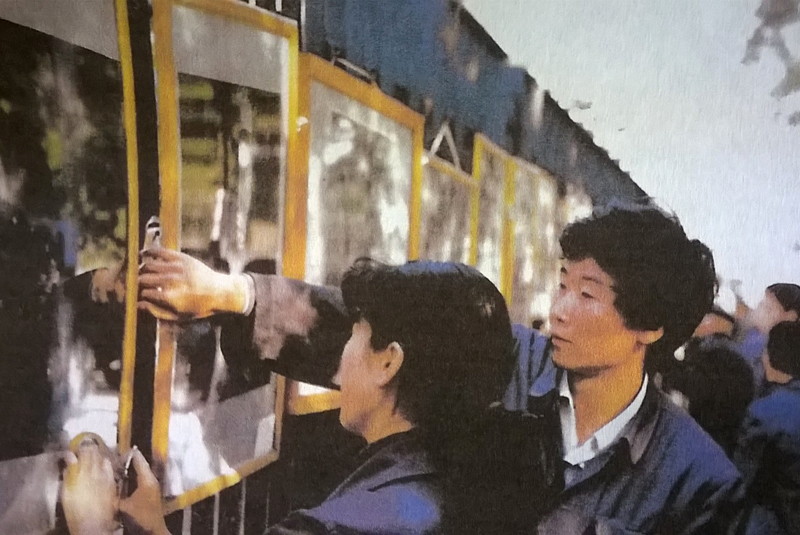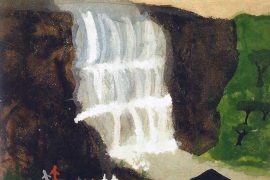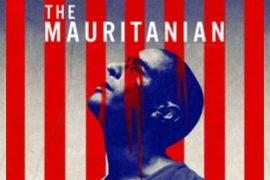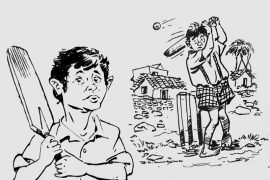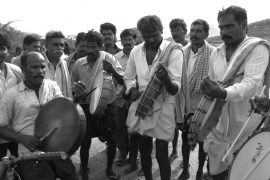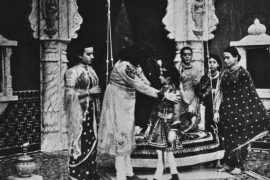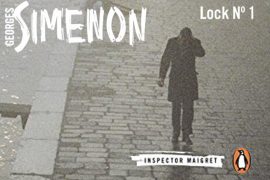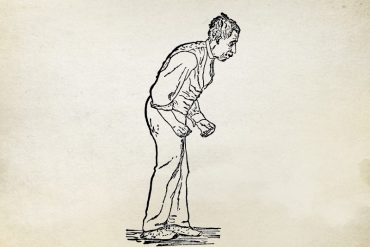Art, like many of life’s greatest pleasures, cannot be understood until it is taken away. In Mao’s China of the Cultural revolution, making something as simple as an Impressionist painting would have had you arrested, sent to a labour camp – or worse.
Sylvia Vetta’s novel “Brushstrokes in Time” was inspired by many conversations with the Chinese artist Qu Leilei, a founder of the Stars Artists movement. The movement was a daring, perhaps suicidal, attempt to reclaim artistic freedom in the midst of one of the worst purges in history. Sylvia’s novel is a fictional account of Xiaodong ‘Little Winter’ – a budding artist whose life and love is shorn by the twin tides of the Cultural Revolution and the Stars Artists movement.
For those of us outside the Communist bloc, we know of the Cultural Revolution as but an exercise in estimating death counts. 400,000 or 10 million – it is debated even today. What numbers cannot depict are the souls of human beings. That is the forte of the artist – who expresses tragedy in something as simple as a painting of Spring’s warm colours overcoming the cold hues of Winter.
Artists are the eyes that see into the soul.
Copyright©Madras Courier, All Rights Reserved. You may share using our article tools. Please don't cut articles from madrascourier.com and redistribute by email, post to the web, mobile phone or social media.Please send in your feed back and comments to editor@madrascourier.com

